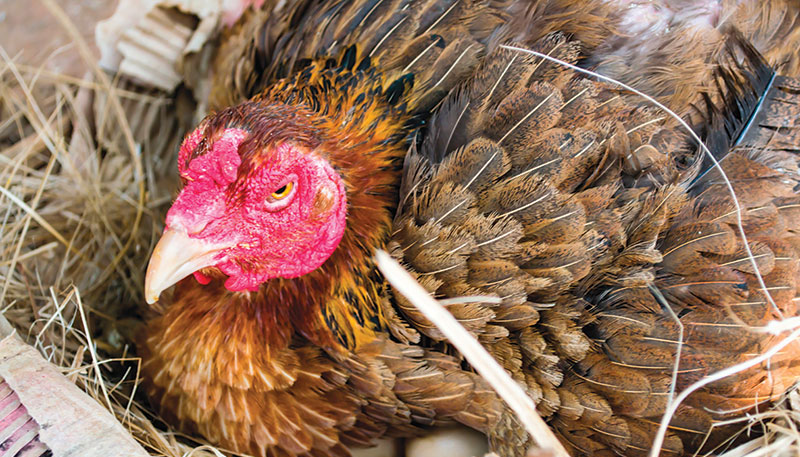
Chickens, those charming and often underestimated creatures, have complex emotional and physiological needs just like any other living being. As chicken owners, it’s crucial to recognize the signs of stress in our feathered friends and understand what factors contribute to it. In this post, we’ll delve into the various causes of chicken stress and provide practical tips and solutions to help alleviate it.
Causes of Chicken Stress:
- Overcrowding: Chickens are social animals, but overcrowding in coops or runs can lead to increased stress. When there isn’t enough space, chickens may exhibit aggressive behaviors such as pecking or feather picking. Additionally, overcrowding can result in higher levels of ammonia from droppings, leading to respiratory issues and further stress.
- Environmental Changes: Chickens thrive on routine and familiarity. Any sudden changes in their environment, such as moving to a new location, introducing new flock members, or even rearranging their living space, can cause stress. Chickens are creatures of habit, and disruptions to their routine can lead to anxiety and decreased well-being.
- Predator Threats: Chickens are natural prey animals and are constantly on alert for potential predators. The presence of predators, even if not immediate, can induce stress in chickens. Living in fear of predators can keep chickens in a constant state of heightened anxiety, affecting their overall health and behavior.
- Inadequate Nutrition: Proper nutrition is essential for the health and well-being of chickens. A lack of essential nutrients or imbalanced diets can weaken their immune systems, making them more susceptible to stress-related illnesses. Additionally, inadequate access to food or water can lead to hunger and dehydration, further exacerbating stress levels.
- Social Hierarchy: Chickens establish a social hierarchy within their flock, with dominant and subordinate individuals. Social dynamics can lead to stress, particularly for lower-ranking birds who may experience bullying or aggression from higher-ranking individuals. Establishing a harmonious flock dynamic is crucial for minimizing stress and promoting overall well-being.
- Extreme Weather Conditions: Chickens are sensitive to extreme temperatures, whether it’s excessive heat or cold. High temperatures can lead to heat stress, dehydration, and even death if chickens don’t have access to adequate shade and water. Similarly, cold temperatures can cause discomfort and stress, especially if chickens aren’t provided with sufficient shelter and bedding.
- Transportation and Handling: Transporting chickens or handling them improperly can also induce stress. Chickens are sensitive creatures, and being confined in crates or subjected to rough handling during transportation can cause fear and anxiety. Minimizing stress during transportation by providing proper ventilation, comfortable bedding, and gentle handling is essential for maintaining their well-being.
Understanding these various causes of stress in chickens is crucial for proactive management and ensuring the health and happiness of your flock. By addressing these stressors and implementing appropriate solutions, you can create a nurturing environment where your chickens can thrive and flourish.
Solutions to Alleviate Chicken Stress:
- Provide Adequate Space: Ensure that your chickens have enough space to move around comfortably both indoors and outdoors. Overcrowding can lead to increased stress levels and aggression among flock members. Aim for at least 2-4 square feet of indoor space per bird and 8-10 square feet of outdoor space in the run.
- Maintain Consistency: Chickens thrive on routine and familiarity. Minimize sudden changes in their environment whenever possible. Stick to a consistent feeding schedule, avoid rearranging their living space unnecessarily, and introduce new elements gradually to minimize stress.
- Predator Protection: Implement predator-proofing measures to safeguard your flock against potential threats. This may include installing secure fencing, using predator-proof coop designs, and employing guardian animals such as dogs or guinea fowl to deter predators. Providing adequate shelter and secure roosting areas at night can also help alleviate nighttime predator-related stress.
- Ensure Proper Nutrition: Provide your chickens with a balanced diet that meets their nutritional needs. A diet rich in protein, vitamins, and minerals is essential for maintaining their health and reducing stress. Offer a combination of high-quality commercial feed, fresh fruits and vegetables, and access to grit and calcium supplements as needed.
- Environmental Enrichment: Enrich your chickens’ environment with opportunities for natural behaviors such as foraging, dust bathing, and perching. Provide plenty of nesting boxes and roosting space to accommodate their instinctual preferences. Incorporating objects like logs, branches, and straw bales can also provide enrichment and stimulate natural behaviors.
- Social Dynamics: Monitor the social dynamics within your flock and address any instances of bullying or aggression promptly. Providing multiple feeding and watering stations can help reduce competition among flock members. If necessary, separate aggressive birds or introduce new flock members gradually to minimize stress and establish a harmonious social hierarchy.
- Weather Protection: Ensure that your chickens have access to adequate shelter and protection from extreme weather conditions. Provide shade during hot weather and shelter from rain, wind, and cold temperatures. Insulate coops and provide bedding material to keep chickens warm during colder months.
- Handling and Transportation: Handle chickens gently and minimize stress during transportation. Use proper crates or carriers with adequate ventilation and comfortable bedding. Avoid overcrowding during transportation, and provide breaks for water and rest if traveling long distances.
By implementing these solutions, you can create a supportive and stress-free environment for your chickens, promoting their overall health and well-being. Regular monitoring of your flock’s behavior and environment can help identify potential stressors early on, allowing for timely intervention and adjustment to ensure the happiness and longevity of your feathered friends.
Conclusion:
In conclusion, understanding and addressing the factors that contribute to chicken stress is essential for maintaining the health and well-being of your flock. By providing adequate space, maintaining consistency, protecting against predators, ensuring proper nutrition, enriching their environment, and monitoring for signs of stress, you can help create a safe and comfortable environment where your chickens can thrive. After all, happy chickens make for healthier and more productive members of your backyard flock.
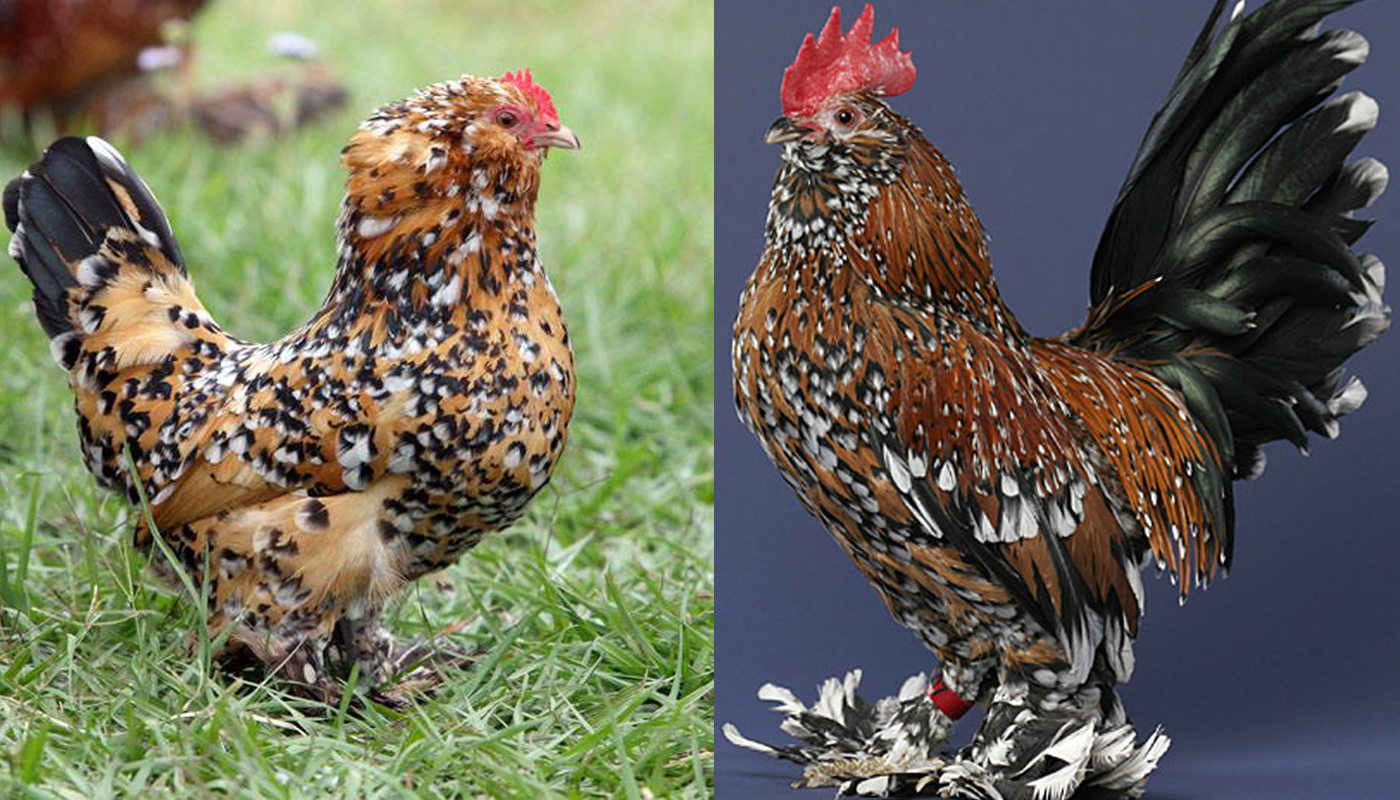 Belgian Bearded D’Uccle Chicken Breed – Everything You Need to Know
Belgian Bearded D’Uccle Chicken Breed – Everything You Need to Know Sumatra Chicken Breed – Everything You Need to Know
Sumatra Chicken Breed – Everything You Need to Know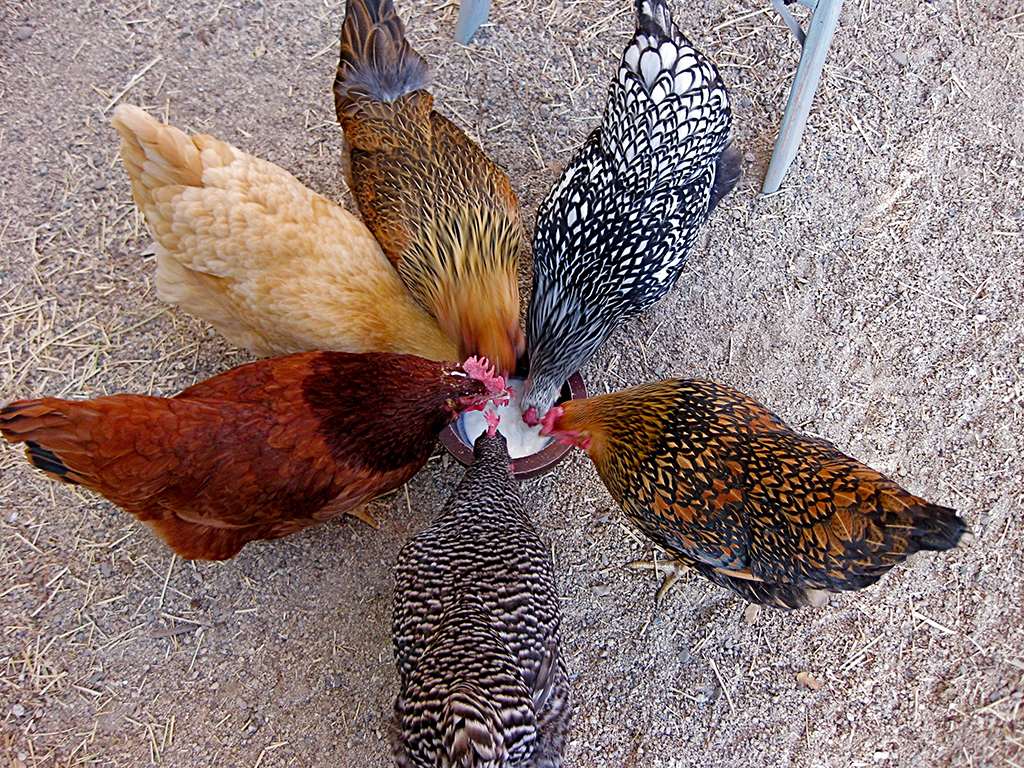 Choosing a Chicken Breed
Choosing a Chicken Breed ISA Brown Chicken Breed – Everything You Need to Know
ISA Brown Chicken Breed – Everything You Need to Know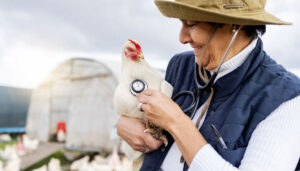 The Basics of Chicken Health: Understanding Common Ailments and Prevention Strategies
The Basics of Chicken Health: Understanding Common Ailments and Prevention Strategies Chicken Breeds that Lay Brown, Blue, Green, Olive, Pink or Different Colors
Chicken Breeds that Lay Brown, Blue, Green, Olive, Pink or Different Colors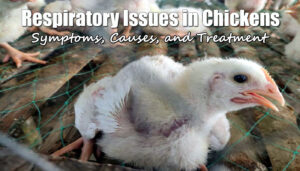 Common Respiratory Issues in Chickens: Symptoms, Causes, and Treatment
Common Respiratory Issues in Chickens: Symptoms, Causes, and Treatment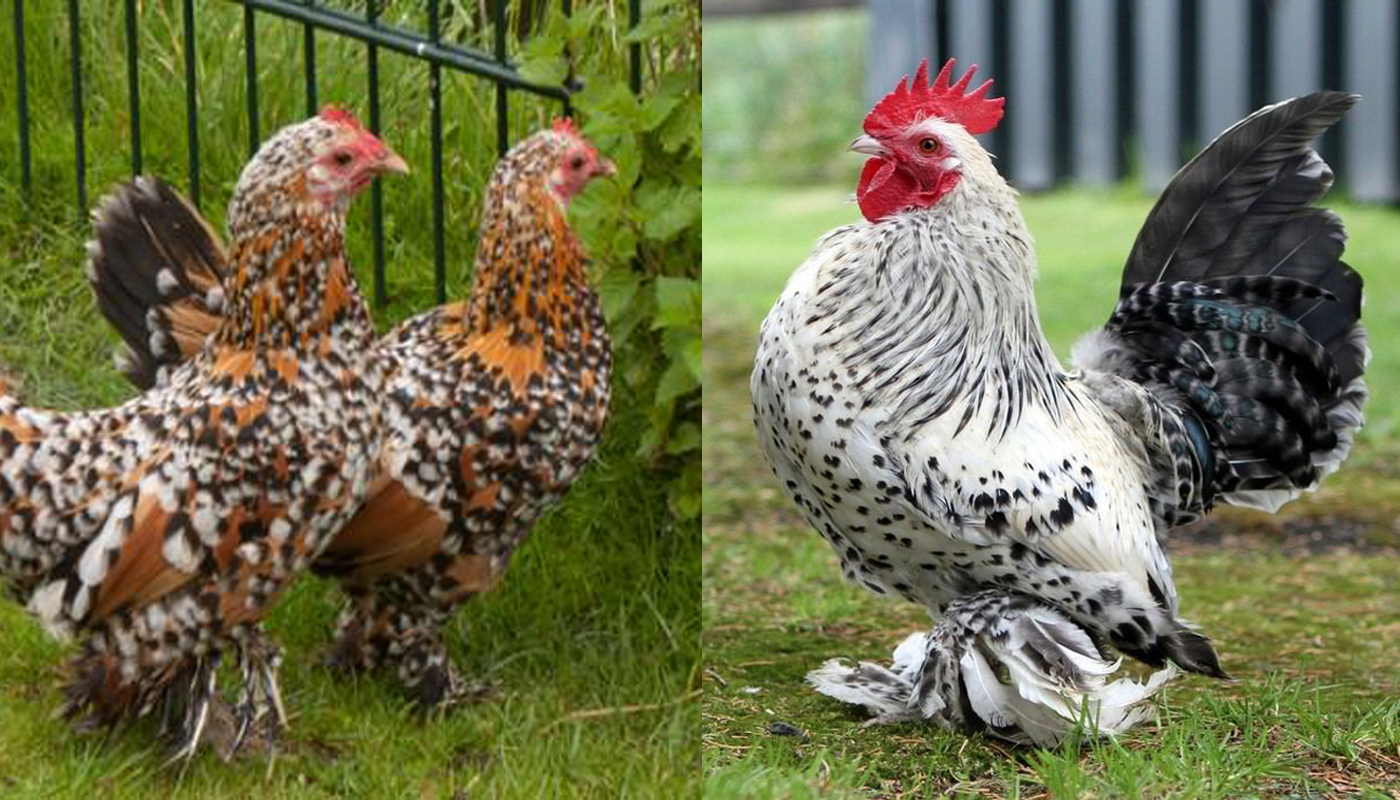 Booted Bantam Chicken Breed – Everything You Need to Know
Booted Bantam Chicken Breed – Everything You Need to Know COMMON CAUSES OF HEALTH ISSUES,SYMPTOMS AND PREVENTATIVE MEASURES
COMMON CAUSES OF HEALTH ISSUES,SYMPTOMS AND PREVENTATIVE MEASURES The Ins and Out of the Chicken coop
The Ins and Out of the Chicken coop Top 10 Bantam Chicken Breeds for Beginners
Top 10 Bantam Chicken Breeds for Beginners 10 Chicken Breeds that have Glossy Black Plumage
10 Chicken Breeds that have Glossy Black Plumage